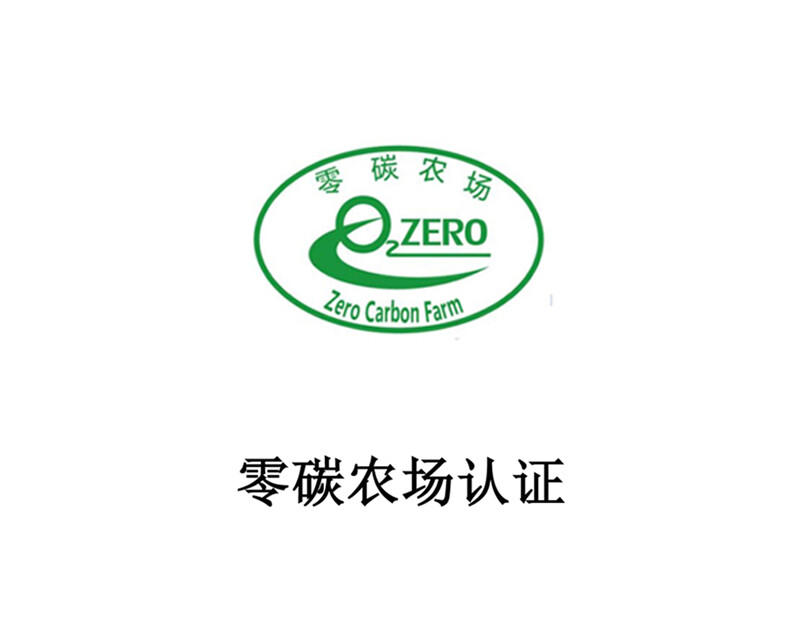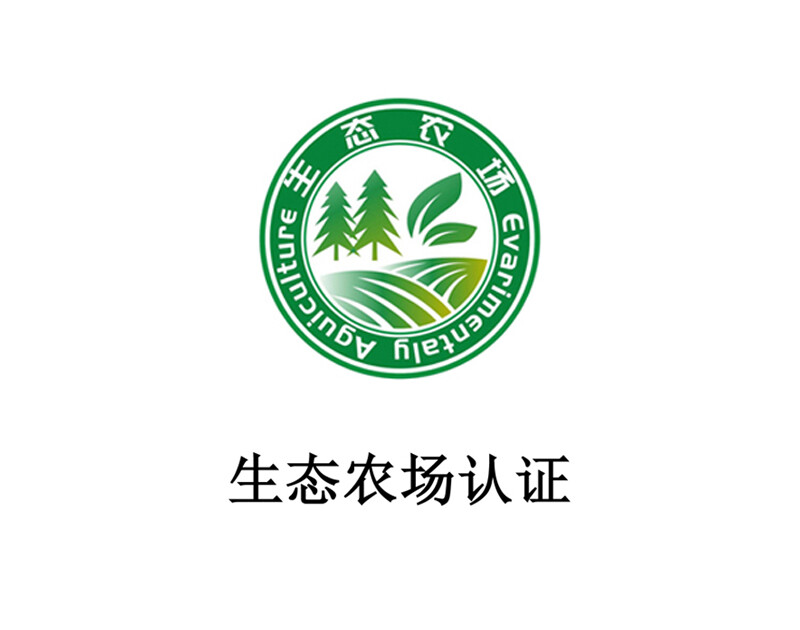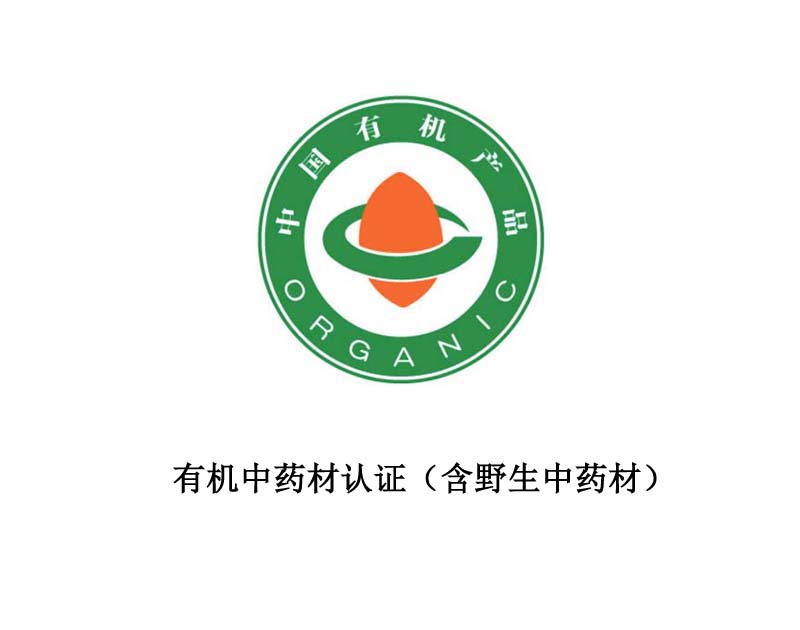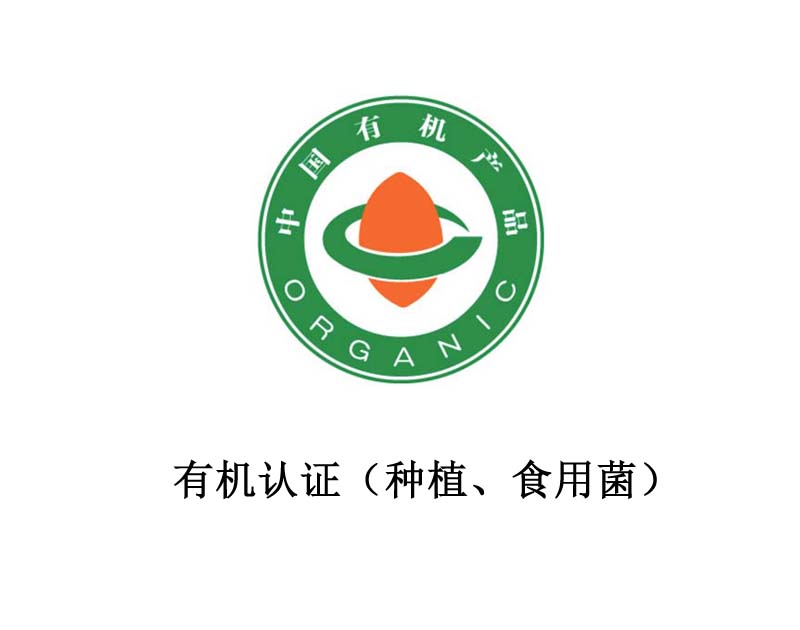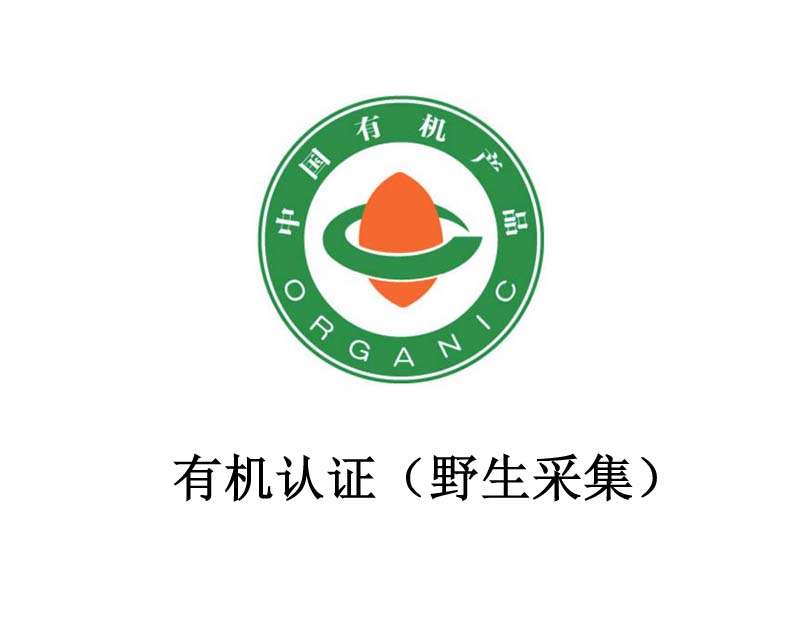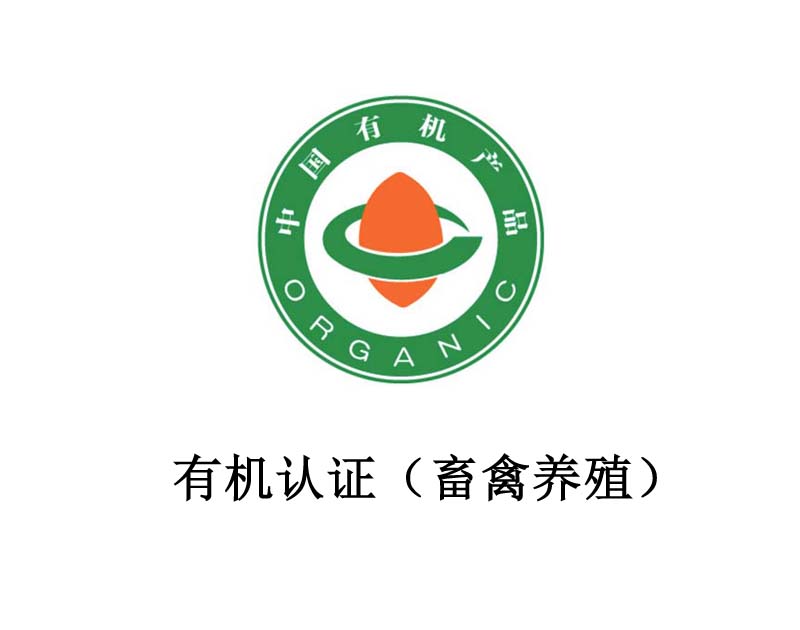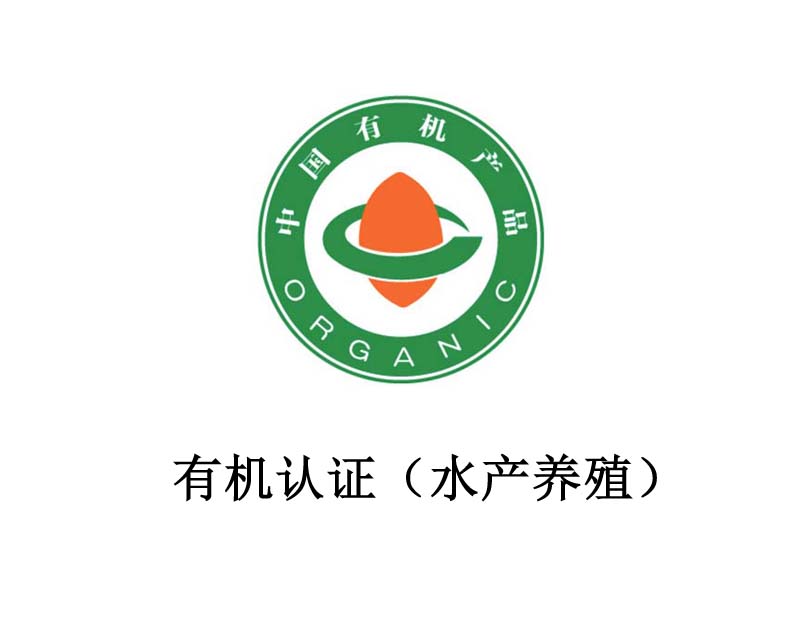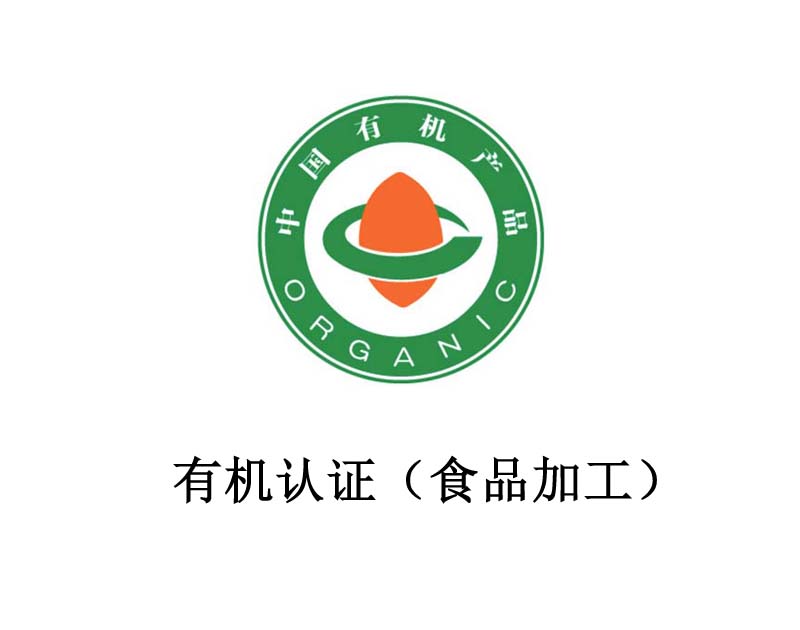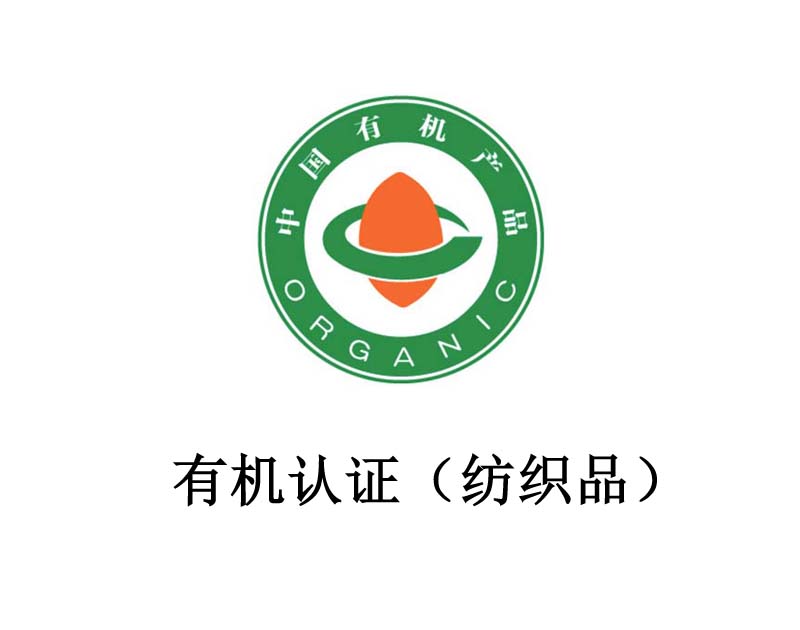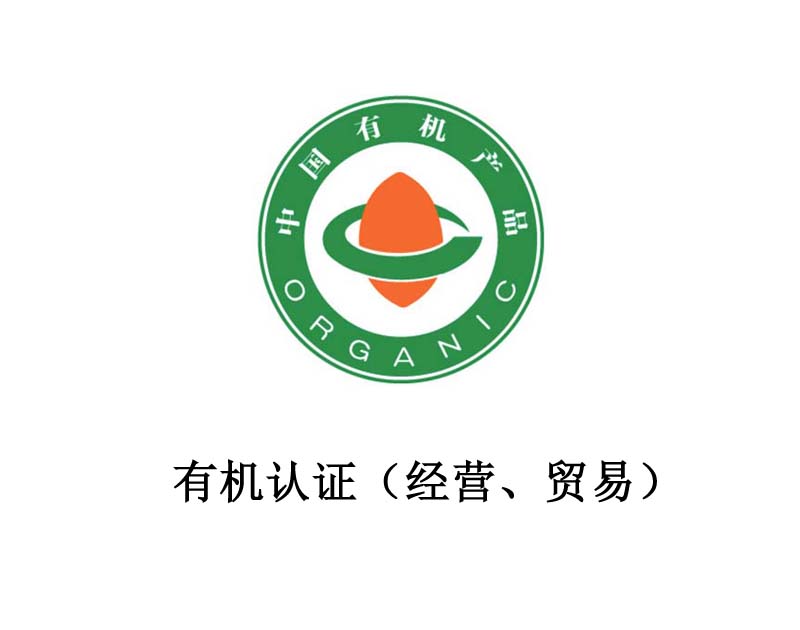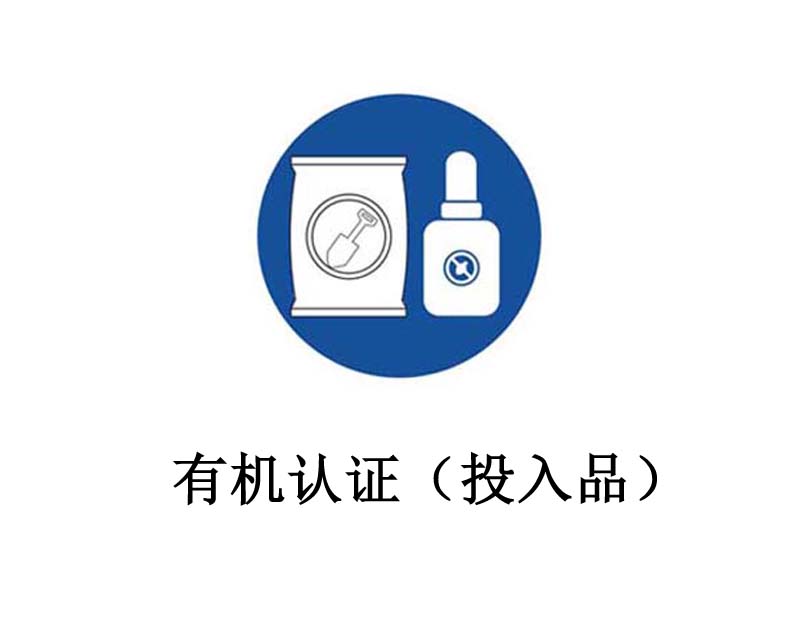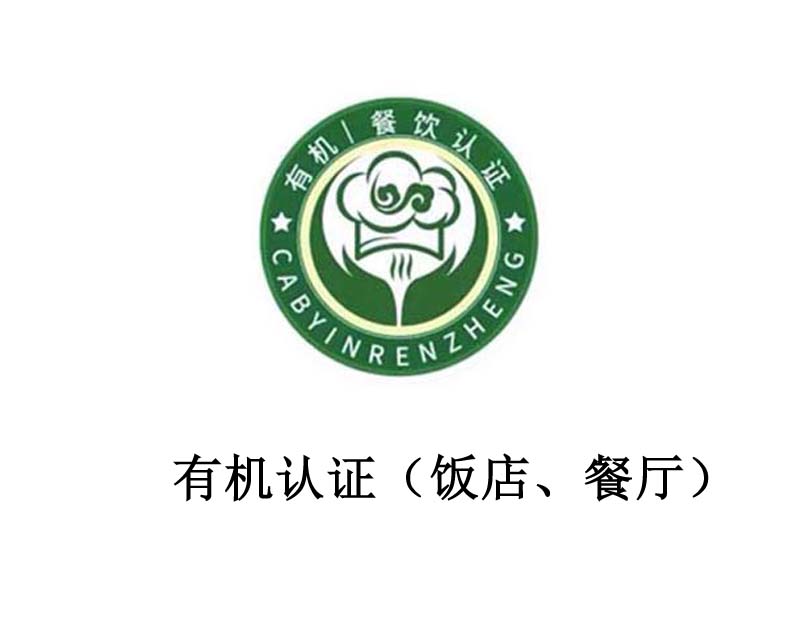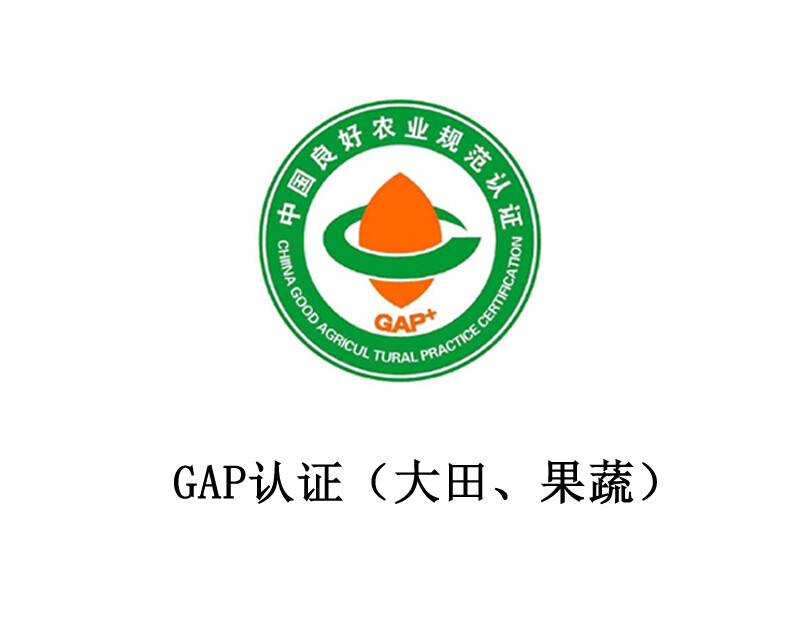Agricultural Product Food Certification Service Network
Technical Support: China Green Huaxing (Beijing) Agricultural Research Institute
Copyright: Guohuan Organic Agricultural Products (Dezhou) Co., Ltd
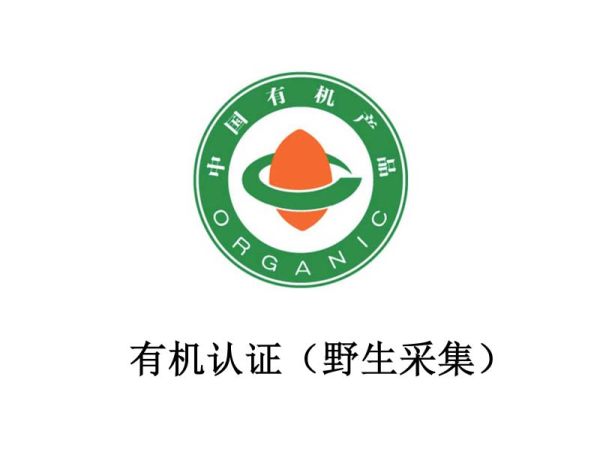
Wild Harvesting Base for Organic Products
Agricultural products in their wild state that are listed in the
Wild-harvested products skip the conversion period and receive organic certification directly.
【Preparatory Work Before Applying for Organic Certification】includes but is not limited to:
1. Establish 1 leadership team (organic product leadership group);
2. Compile 2 sets of documents (quality manual, operational procedures);
3. Conduct 2 tests at the base: soil and air;
4. Maintain complete production records:
1) Standards and agricultural technical training records;
2) Farming activity records (harvesting logs, transportation logs);
3) Cleaning records for farm tools and equipment;
4)Recall drills and product quality complaint records;
5)Internal inspection records and internal inspection reports;
